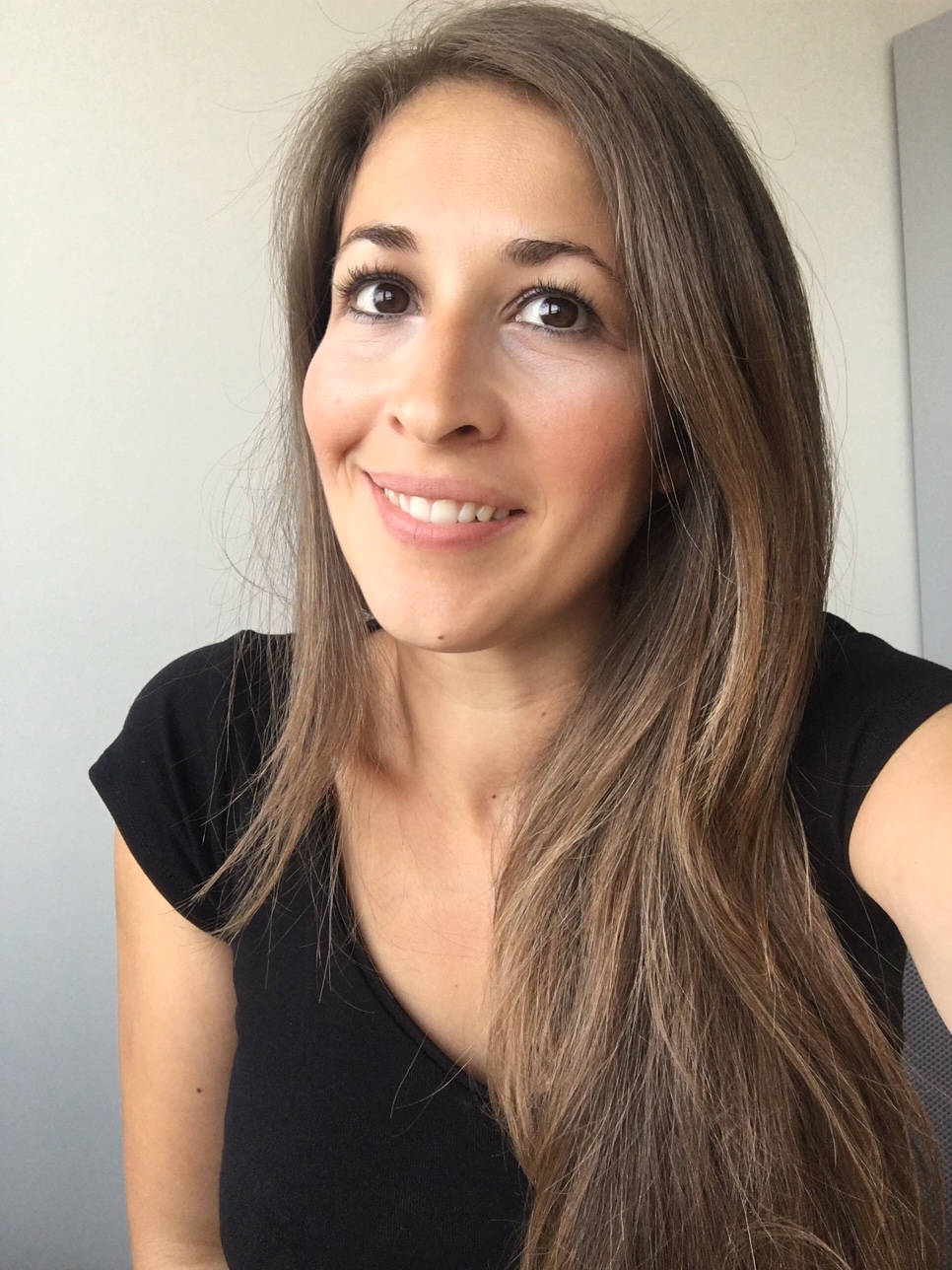
⦁ What did you get out of participating in the “My Thesis in 180 Seconds” competition?
It was a great experience and I really learned a lot. Grenoble-Alpes University provided us with communication training that taught us how to give a scientific talk and, especially, how to tailor the talk to the audience and get right to the point. Then came the regional, national, and international finals for French-speaking countries.
⦁ What are the benefits of doing your PhD research in conjunction with an industrial partner?
My PhD research is funded by my employer, SPTS Technologies. I have a special contract as a PhD candidate/employee, which means that I am familiar with the real-world early-stage R&D needs of an industrial company and can work with Leti, where we are able to build test vehicles and run experiments. We are also working with lab SIMaP, which brings us targeted know-how in areas like materials and precursor characterization. SIMaP is helping us understand the growth mechanisms at work when using our new technique—copper deposition using a non-fluorinated precursor.
⦁ How do you see your work evolving in the future?
I would like to stay in research and get involved in science outreach and education, which seems like a natural choice to me given that research is mainly funded by the government. I feel that all research scientists have a duty to make scientific knowledge accessible to the general public. Education and outreach are essential to keeping the public informed and reassuring people who have concerns about the innovations that are transforming our daily lives.




